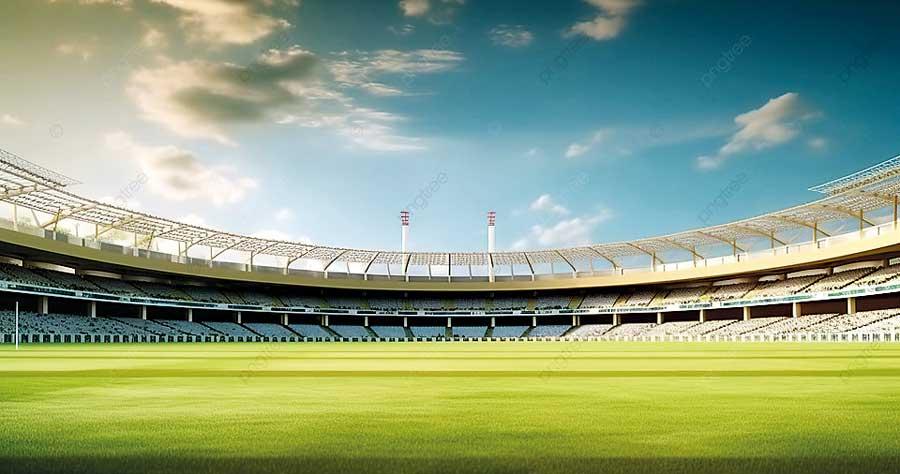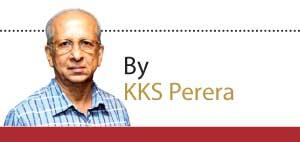Reply To:
Name - Reply Comment
Introduce Legislation in collaboration with ICC

Dr. John Rockwood took the lead in establishing a national board to oversee and promote Ceylon Cricket. This initiative resulted in the formation of the Ceylon Cricket Association (CCA) in 1922, coinciding with the 90th anniversary of the first international match played on Sri Lankan soil in 1832.
1922, coinciding with the 90th anniversary of the first international match played on Sri Lankan soil in 1832.
In a rare gesture,both factions in Parliament, [of which the Aragalayist, demanded en masse resignations 17 months ago], in an overt display of panic or perhaps pretentious rhetoric, have unanimously demanded for the resignation of the rotten to the core Sri Lanka Cricket Board.
A joint resolution put forth by Sajith Premadasa in his role as the Opposition Leader, gained endorsement from Minister Nimal Siripala. The Parliament approved the resolution, titled ‘the removal of the corrupt SLC management,’ without the need for a formal vote. On October 7, the Court of Appeal suspended Sports Minister Ranasinghe’s Gazette, which allowed for the appointment of an Interim Committee, to replace the corrupt SLC. In an unprecedented move, most participants, save for a few who spoke sensibly, utilized parliamentary privileges to the fullest extent by targeting the Executive, Judiciary, and Attorney-General. Particularly noteworthy are the contemptuous and unproven remarks made about Appeal Courts judges, which cannot be disregarded.
The Bar Association of Sri Lanka has aptly expressed its disturbance regarding the allegations made by a Cabinet Minister in Parliament. These allegations pertain to a case involving the appointment of an Interim Committee to Sri Lanka Cricket (SLC) and the alleged conduct of a judge of the Court of Appeal.
The minister and government should have informed the ICC about the excesses of the SLC, utilizing diplomatic channels, before making a mockery of affairs
Cricket in Sri Lanka has faced a history of corruption since the departure of yesteryear greats such as John Rockwood, the Saravanamuttus, JRJ, Robert Senanayake, BR Heyn, Dr. NM, Gamini Dissanayake, Chandra Schaffter, V Malalasekara, Tyronne Fernando, Neil Perera and Ana Punchihewa. These individuals administered the sport on an honorary basis, relying solely on their own resources. However, a shift occurred when the influence of ‘Betting & Gaming’ interests began to overshadow cricket.
Arjuna, a great cricketer with unquestionable integrity though, he has faced significant criticism as an administrator/politician. His perceived failure lies in favouring his family, a practice reminiscent of how the Rajapaksas handle public issues.
The outcry of ‘Sack them all’ by our legislators following the W/C humiliation has proved to be an unwise move, as later clarified by the Deputy Speaker, was a non-binding decision taken by Parliament to request the top management of Sri Lanka Cricket (SLC) to vacate office. The Deputy Speaker emphasized that the SLC would not comply with the decision, stating, “Our decision in this regard is irrelevant.” He added that dealing with SLC had to be done according to the relevant laws.
Sports Minister Roshan Ranasinghe, distinguished for his high integrity compared to many of his parliamentary colleagues, appears to have acted hastily in this instance. He has been in longstanding disagreements with the boards of Cricket, Football, and Rugby. Accusing the SLC of being “traitorous and corrupt,” the Minister urged officials and selectors to resign. In response, they asserted their independence, stating they have no affiliation with the Minister or the government.
Opposition leader Premadasa, who invited Roshan to join him,echoed a sentiment often expressed by his government colleagues, that there was an “international conspiracy” to ban cricket in Sri Lanka
Directly reporting to the ICC, bypassing national interests, could potentially be viewed as a violation of the principles of national sovereignty. The specific procedures and conventions for reporting issues to the ICC may be outlined in the ICC’s constitution and policies. International sports organizations require member nations to oversee their sports boards independently and without political interference.
Despite Ranasinghe expressing hope on Thursday, prior to the cancellation, that there would be no ICC sanctions against Sri Lanka and that he could engage in discussions with the ICC to resolve the issues, the ICC, known for its stance against political interference and having dismissed Sri Lanka before, swiftly terminated Sri Lanka’s membership. In an official statement, the ICC pointed out that SLC had breached its obligations as a member, particularly the mandate to independently manage its affairs without political interference. The specifics of the suspension’s conditions will be decided by the ICC Board during its meeting on November 21, shedding light on the expected future course of action.
The Sports Minister, accused them of siphoning off of dollars out of funds. The minister and government should have informed the ICC about the excesses of the SLC, utilizing diplomatic channels, before making a mockery of affairs.
Sri Lanka is set to host the ICC Under-19 Men’s Cricket World Cup in January and February 2024. The cricket board has allocated substantial funds for the refurbishment of four venues in Colombo, with the Minister noting that a significant amount, running into billions, was spent on renovating the floodlights at Dambulla. The allegations suggest that corruption may be prevalent within the ranks of the Sri Lanka Cricket Board, pointing to substantial sums of money circulating within the organization.
Opposition leader Premadasa, who invited Roshan to join him,echoed a sentiment often expressed by his government colleagues, that there was an “international conspiracy” to ban cricket in Sri Lanka.
The minister should have brought up the issue at a cabinet meeting to get the views of his colleagues, especially the Attorney General, regarding possible legal implications and repercussions. If this had been done, the ICC’s reaction which jeopardized our upcoming international engagements and led to the loss of further millions of dollars, could have been avoided. Additionally, we could have prevented the negative impact on the morale of our players and the strain on relations with the ICC and our neighbouring country. England’s upcoming Test summer was thrown into uncertainty on Friday as cricket’s governing body suspended our membership.
People who are not parliamentarians and do not hold any legal positions within the state machinery or sports bodies, but are politically appointed by the executive for specific roles should refrain from interfering with the jobs of elected representatives.
The collective agreement by all Members of Parliament is viewed as a symbolic gesture, with MPs stressing the importance of taking tangible steps to remove the implicated individuals. The process of electing these officials came under scrutiny, highlighting the imperative to address corruption within the cricket administration. It is crucial to emphasize that the call extends beyond cleaning up cricket. A warning is issued to united parliamentarians to put their own house in order, aligning with the anticipated expectations of the ‘System Change’ envisioned by the non-political Aragalayists!